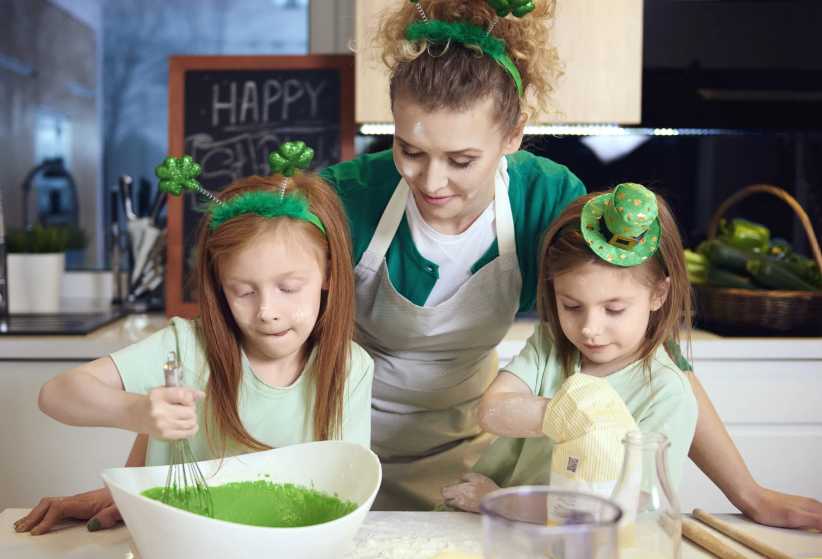According to recent studies, there has been an 18 percent increase in reports of food allergies among school-aged children from 1997 to 2007. Food allergy is more common in children than in adults. Approximately one in 20 children, and about one in 25 adults, have a food allergy.
So, what is a food allergy? A food allergy happens when the body reacts against harmless proteins found in certain foods. The reaction usually happens shortly (within minutes and hours) after a food is eaten. Symptoms can occur when either ingesting, touching, or smelling just a tiny amount of food. Depending on the child, the reaction itself can vary from mild to severe.
Many people who think they are allergic to a food may actually be intolerant to it.
Some of the symptoms of food intolerance and food allergy are similar, and many symptoms and illnesses could be wrongly blamed on food allergies. Some food-related illnesses are called intolerance, or food sensitivity, rather than an allergy because the immune system is not causing the problem. Lactose intolerance is an example of a food intolerance that is often confused with a food allergy.
Lactose intolerance is when a person has trouble digesting milk sugar, called lactose, leading to stomachaches, bloating, and loose stools.
The following information about food allergies from the American Academy of Pediatrics should help with understanding what a food allergy is.
Symptoms of a food allergy
When the body’s immune system overreacts to certain foods, the following symptoms may occur:
Skin problems
• Hives (red spots that look like mosquito bites)
• Itchy skin rashes (eczema, also called atopic dermatitis)
• Swelling
Breathing problems
• Sneezing
• Wheezing
• Throat tightness
Stomach problems
• Nausea
• Vomiting
• Diarrhea
Circulation problems
• Pale skin
• Light-headedness
• Loss of consciousness
If several areas of the body are affected, the reaction may be severe or even life-threatening. This type of allergic reaction is called anaphylaxis and requires immediate medical attention. Those diagnosed with an anaphylaxis food allergy are usually prescribed an epinephrine auto-injection device to use in the case of a severe reaction.
Sometimes reactions to the chemicals added to foods, such as dyes or preservatives, are mistaken for a food allergy. However, while some people may be sensitive to certain food additives, it is rare to be allergic to them.
Any food could cause a food allergy, but the most common allergens are:
• Cow milk
• Eggs
• Peanuts
• Soy
• Wheat
• Nuts from trees (such as walnuts, pistachios, pecans, cashews)
• Fish (such as tuna, salmon, cod)
• Shellfish (such as shrimp, lobster)
Peanuts, nuts, and seafood are the most common causes of severe reactions. Allergies also occur to other foods such as meats, fruits, vegetables, grains, and seeds, such as sesame.
Proper diagnosis of food allergies is extremely important. If you suspect that your child might have a food allergy, your pediatrician is the best person to discuss this with, and she will be able to properly make this diagnosis. Also, if necessary, your pediatrician will refer your child to an allergist for further testing.
Although food allergies are increasing, there is some good news: it is shown that food allergies are often outgrown during early childhood. It is estimated that 80 to 90 percent of egg, milk, wheat, and soy allergies go away by age 5. Some allergies are more persistent. For example, one in five young children will outgrow a peanut allergy and fewer will outgrow allergies to nuts or seafood. Your pediatrician or allergist can perform tests to track your child’s food allergies and watch to see if they are going away.
Cynthia Chang, MD, FAAP, is the associate program director of the department of pediatrics at Staten Island University Hospital.






















